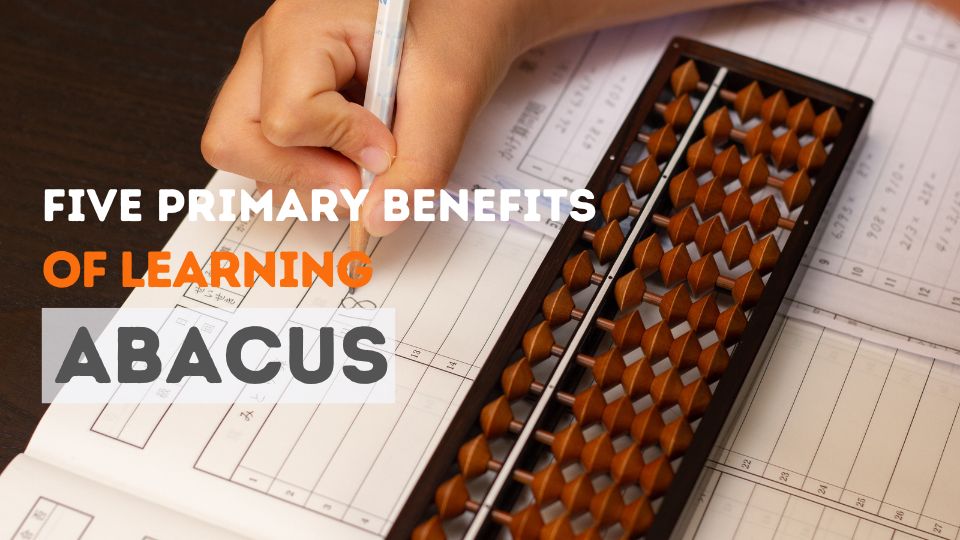What is Calculus?
Calculus is one of the cornerstones of modern mathematics, primarily concerned with understanding and analyzing change. It is a powerful tool used in a variety of fields such as physics, engineering, economics, and even medicine. Calculus consists of two main branches: differential calculus and integral calculus.
- Differential Calculus focuses on the concept of the derivative, which measures the rate at which quantities change.
- Integral Calculus deals with accumulation, such as calculating areas under curves or determining the total quantity when the rate of change is known.
Together, these two branches help in solving complex real-world problems, from predicting the speed of moving objects to modelling economic trends.
When is Calculus Introduced in Schools?
Calculus is generally introduced in the later years of high school, around 11th or 12th grade, depending on the educational curriculum. For some advanced programs, such as the International Baccalaureate (IB) or Advanced Placement (AP) courses in the United States, students may begin to study it as early as Grade 11. In other curriculums, such as the CBSE or IGCSE in India, calculus is part of the senior secondary education syllabus.
Different Levels of Calculus in School Curriculums
Calculus is taught in a structured progression:
- Pre-Calculus (Grades 9-10): Students start with algebra, trigonometry, and other foundational concepts that lay the groundwork for calculus.
- Introductory Calculus (Grades 11-12): Students begin learning the basics of differentiation and integration, focusing on understanding limits, derivatives, and simple integrals.
- Advanced Calculus (AP Calculus/IB Math HL, College Level): More complex topics such as multivariable calculus, partial derivatives, and double integrals are introduced in higher-level programs or in college.
Benefits of Mastering Calculus
Mastering calculus offers numerous benefits that extend far beyond the classroom:
- Enhanced Problem-Solving Skills: Calculus encourages analytical thinking and structured problem-solving, helping students tackle complex problems efficiently.
- Application in Real-World Scenarios: From designing bridges to predicting market behavior, calculus is applied in numerous real-world situations, making it a crucial skill in various fields.
- Foundation for Higher Education: Calculus serves as a gateway to more advanced fields of study such as engineering, computer science, and economics. Success in calculus often predicts success in STEM-related careers.
- Improved Logical Reasoning: The logical rigor required to master calculus improves reasoning and decision-making abilities.
Career Opportunities with Calculus
Students who master calculus open doors to a wide range of career opportunities. Some of the fields where calculus plays a significant role include:
- Engineering: Calculus is the backbone of fields like civil, mechanical, and electrical engineering.
- Physics and Astronomy: Understanding the movement of planets, stars, and other celestial bodies requires a strong grasp of calculus.
- Data Science and Machine Learning: Derivatives and integrals are integral to developing algorithms that drive artificial intelligence.
- Economics and Finance: Calculus helps economists understand and model market trends, as well as perform cost-benefit analyses.
- Biology and Medicine: In medicine, calculus is used for modeling the growth of populations, the spread of diseases, and more.
The versatility of calculus makes it an essential tool for problem-solving in many advanced career fields.
How Students Can Prepare for Calculus
To succeed in calculus, students should begin by strengthening their foundational knowledge in mathematics. Here are some steps they can take to prepare:
- Solidify Algebra and Trigonometry Skills: A firm understanding of algebra and trigonometric identities is crucial.
- Start Early with Pre-Calculus: Enrolling in pre-calculus courses during high school can help students ease into the more complex calculus concepts.
- Practice Regularly: Solving a variety of calculus problems and applying concepts to real-world scenarios will deepen understanding.
- Use Online Resources: Educational platforms like Khan Academy or MIT OpenCourseWare offer free resources for students to explore calculus concepts further.
- Seek Guidance: Consider enrolling in tutoring or coaching programs where professional instructors can provide personalized help.
Learn Mathematics and Calculus with Augment Edutech
At Augment Edutech, we understand that mastering calculus is essential for academic and career success. That’s why we offer comprehensive calculus coaching for various curriculums, including CBSE, IGCSE, ICSE, IB, AP, and A-Levels. Our expert math coaches ensure that students receive the personalized attention they need, whether they are just beginning with the fundamentals or diving into advanced calculus topics. With structured lessons, continuous assessments, and practical application-based teaching, students build the confidence and skills necessary to excel in calculus.
Enroll in our tailored calculus classes today and let us help your child prepare for a brighter future in mathematics and beyond. Schedule a free trial class now to experience our innovative teaching approach firsthand.
By enrolling with Augment Edutech, students not only gain a strong understanding of calculus but also learn how to apply it in various fields, setting the stage for their future academic and career success.
To study more about calculus, you can view the Calculus for Beginners course at the MIT Mathematics website.

Also read – Effective time management during exams




